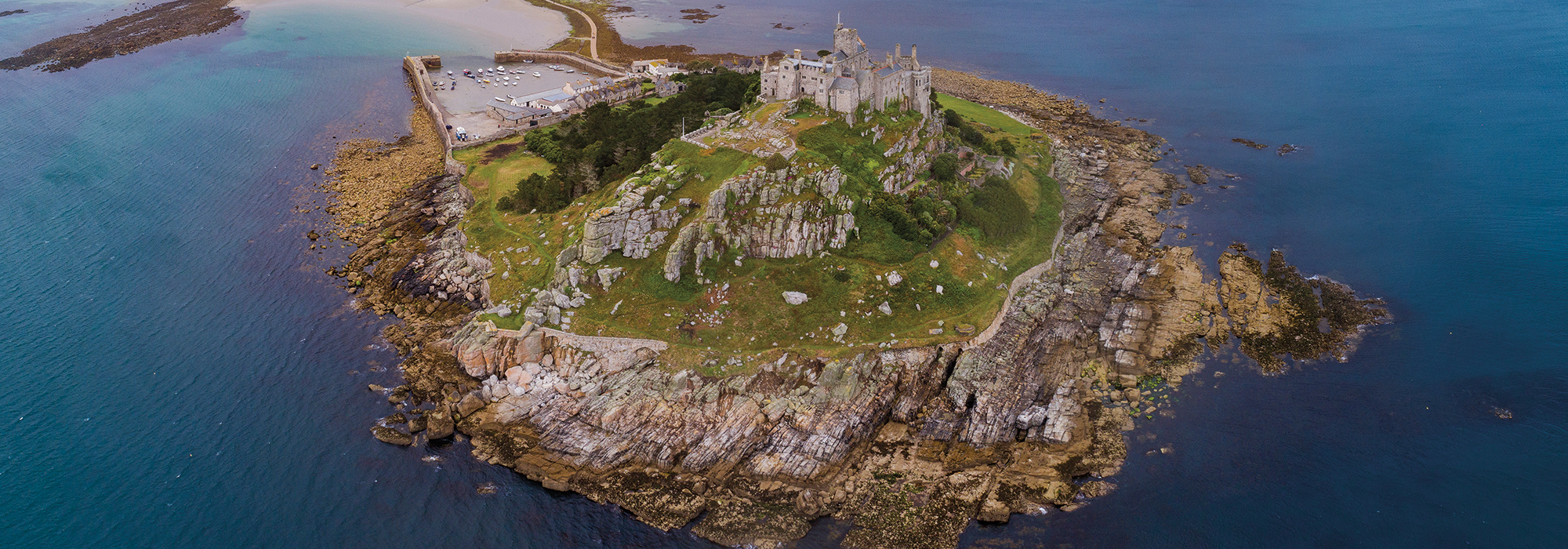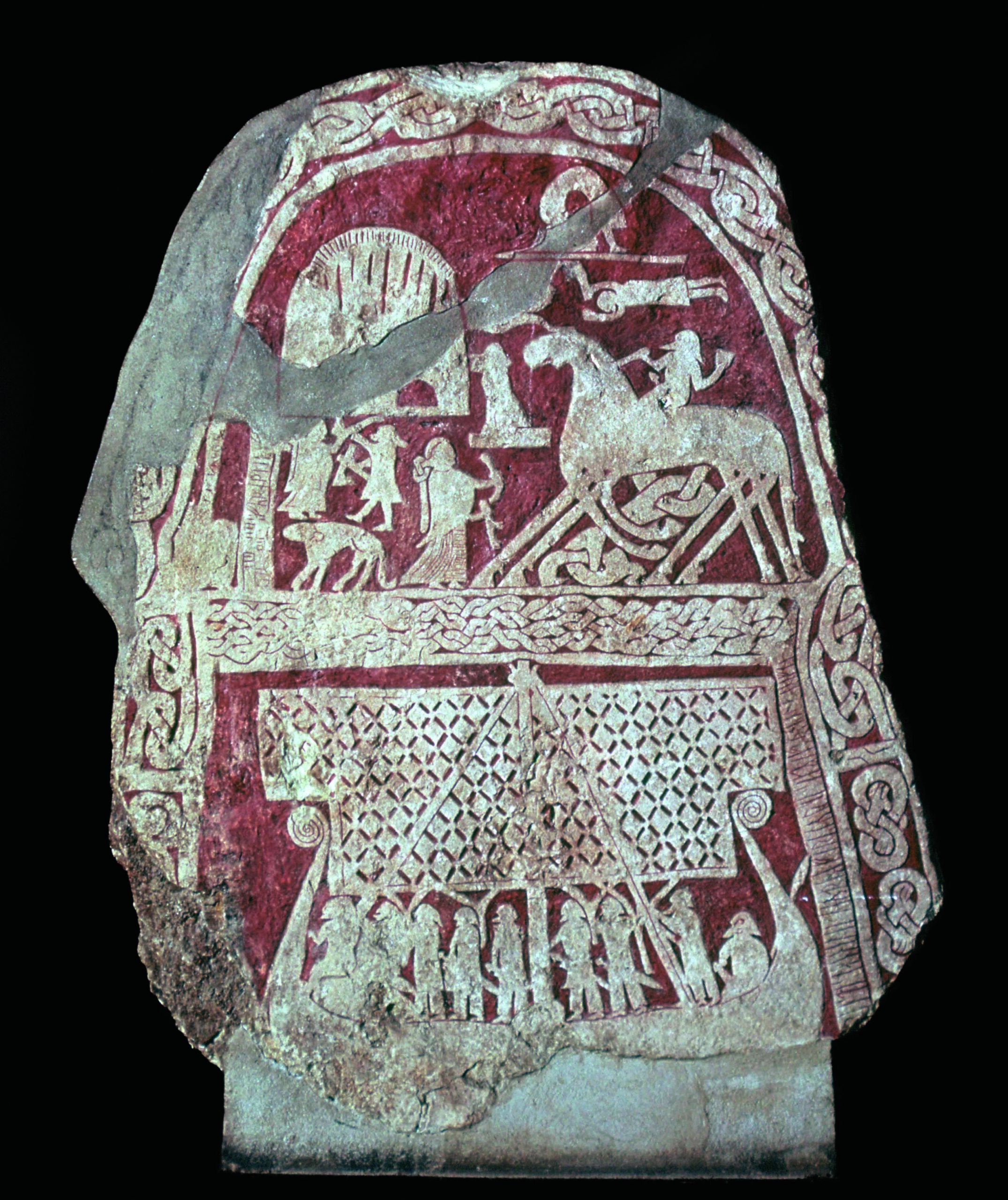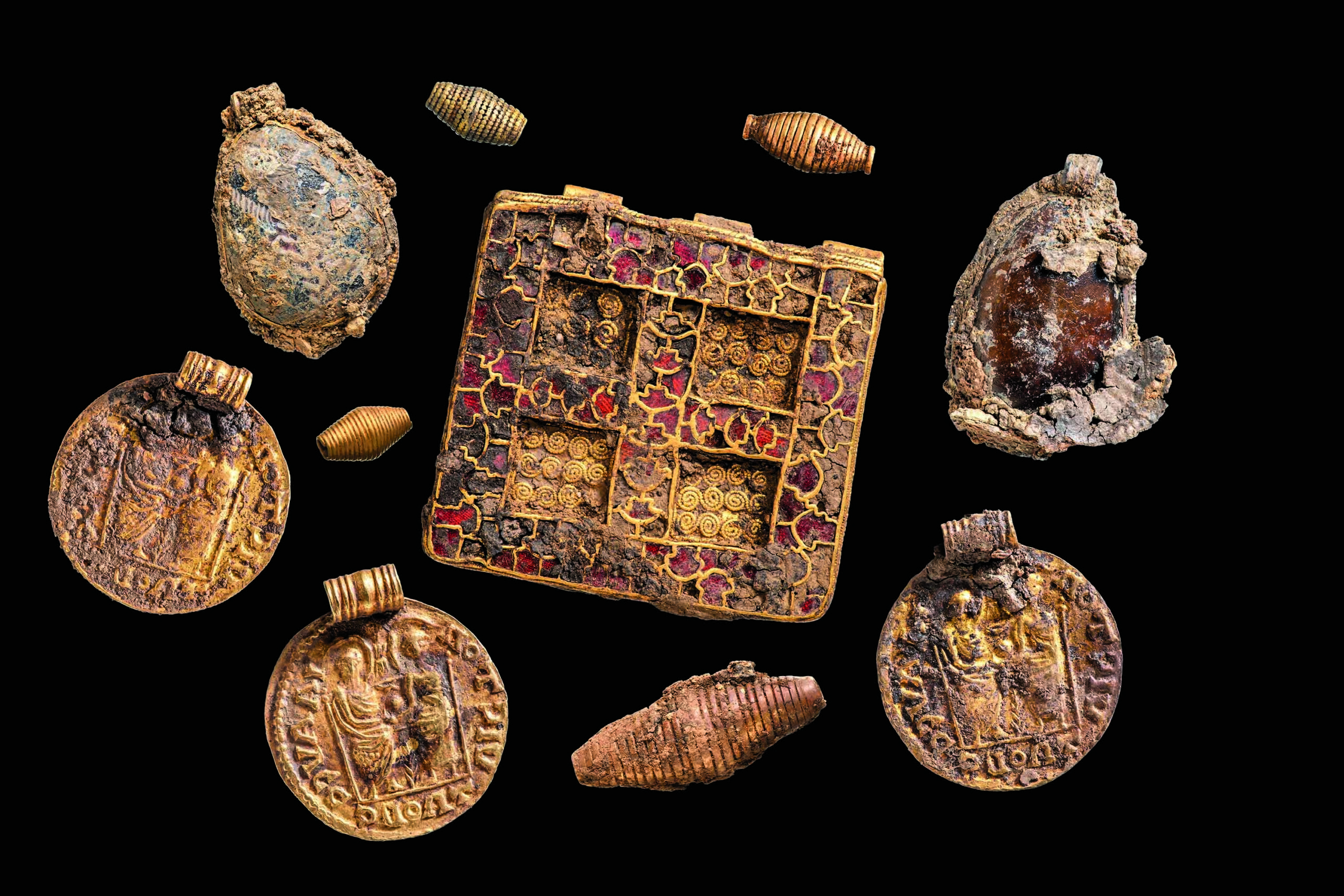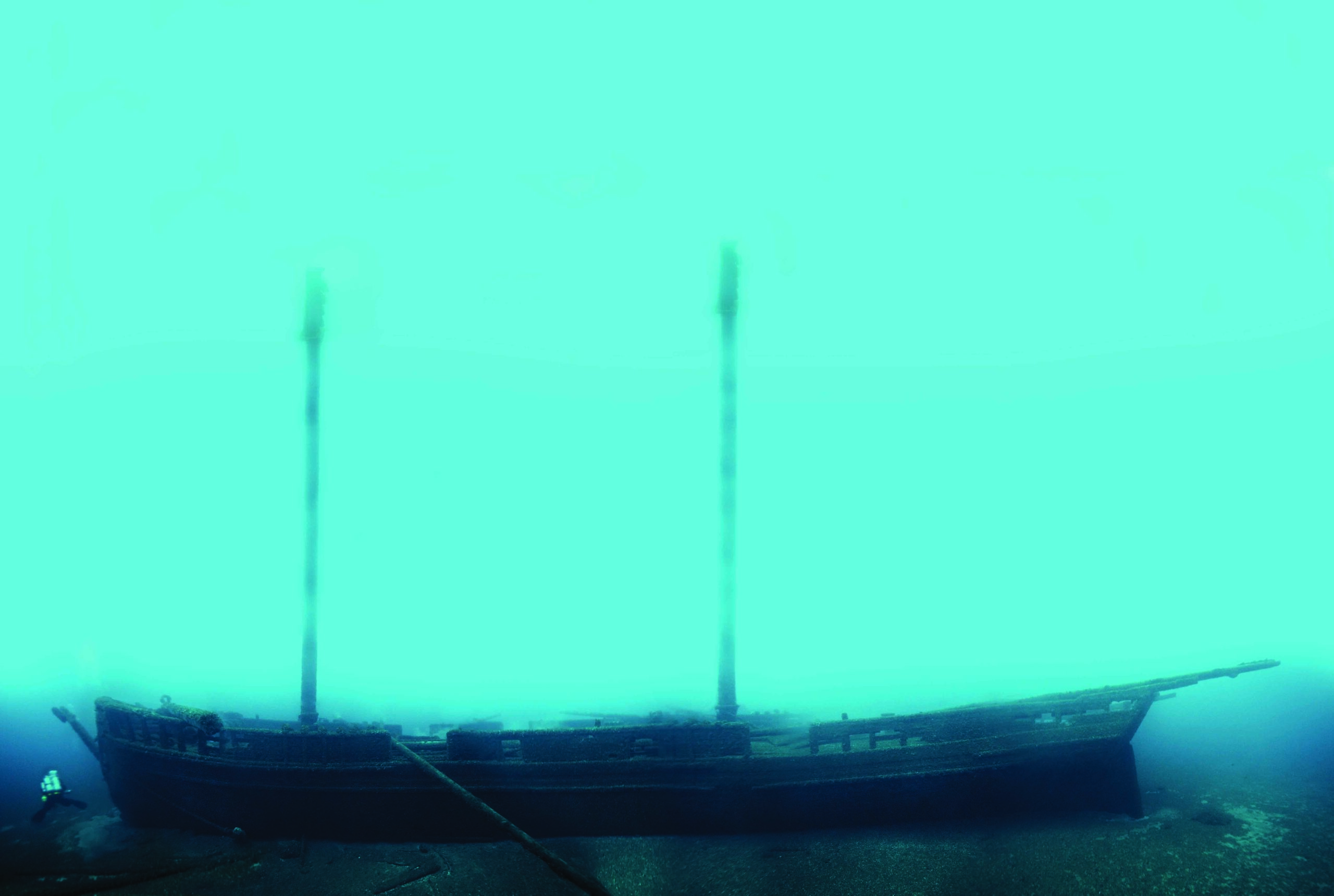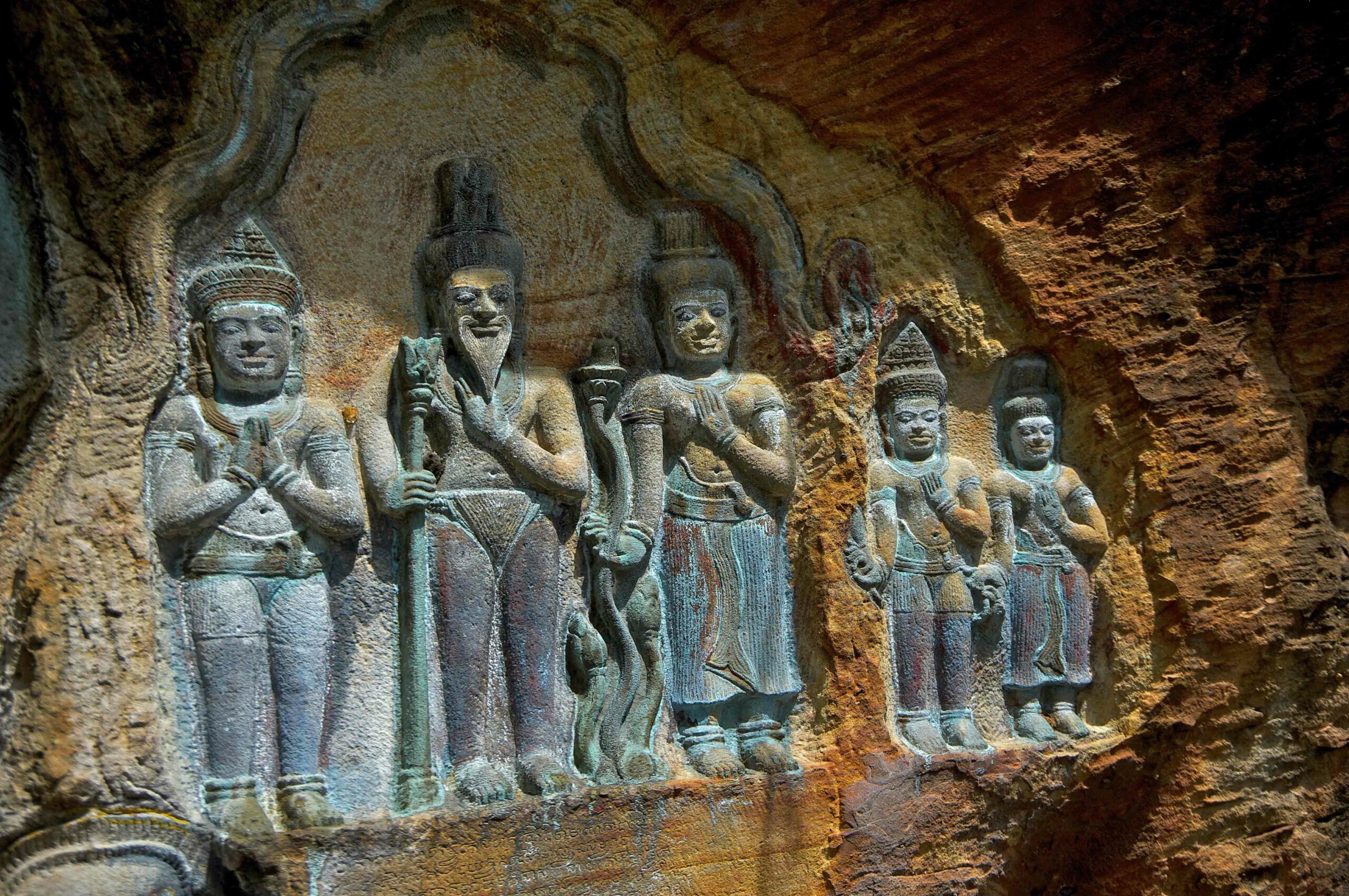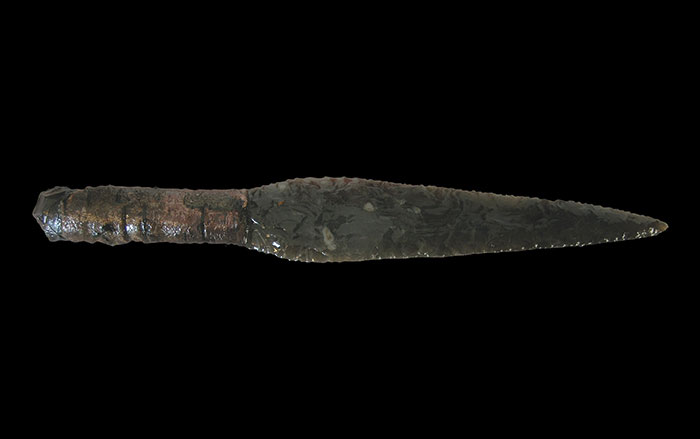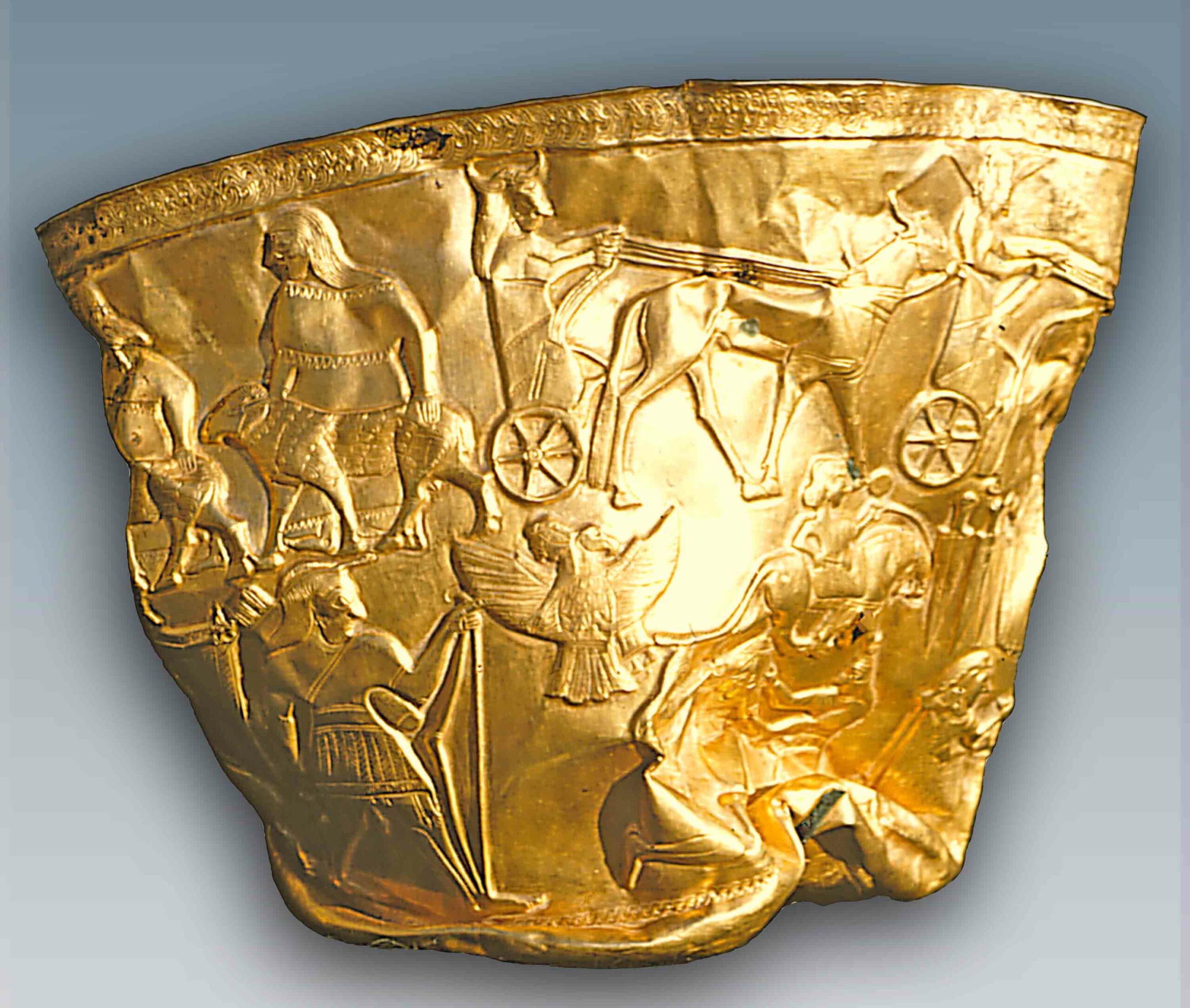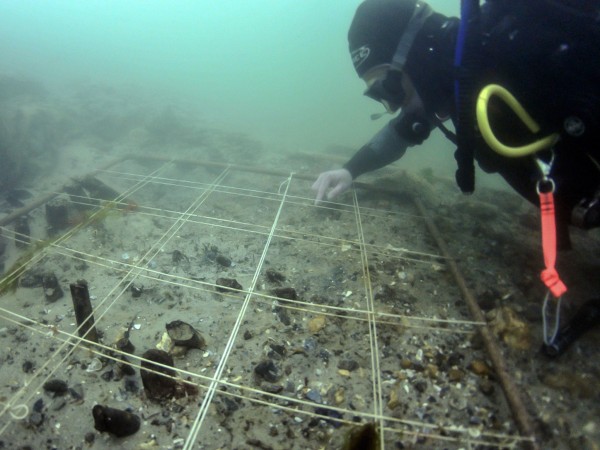
COVENTRY, ENGLAND—A submerged archaeological site off the southern coast of England has yielded DNA from 8,000-year-old wheat. At the time, Mesolithic Britons were hunter-gatherers, but the DNA, collected from the sediments of the Solent, the strait separating the Isle of Wight from mainland England, suggests that they maintained social and trade networks with the Neolithic farmers of mainland Europe. “Common throughout Neolithic Southern Europe, einkorn is not found elsewhere in Britain until 2,000 years after the samples found at Bouldnor Cliff. For the einkorn to have reached this site there needs to have been contact between Mesolithic Britons and Neolithic farmers far across Europe. The land bridges provide a plausible facilitation of this contact. As such, far from being insular Mesolithic Britain was culturally and possibly physically connected to Europe,” said Robin Allaby of the University of Warwick, who co-led the research team with Vincent Gaffney of the University of Bradford and Mark Pallen of Warwick Medical School, the Maritime Archaeology Trust, the University of Birmingham, and the University of St. Andrews. “The use of ancient DNA from sediments also opens the door to new research on the older landscapes off the British Isles and coastal shelves across the world,” Gaffney added. To read more about early domestication, see "The Origins of Staple Foods Studied."



